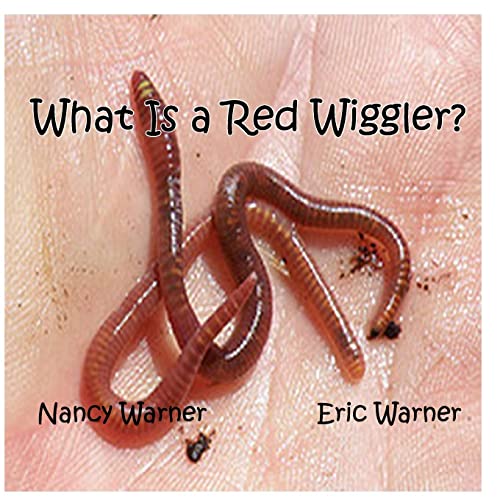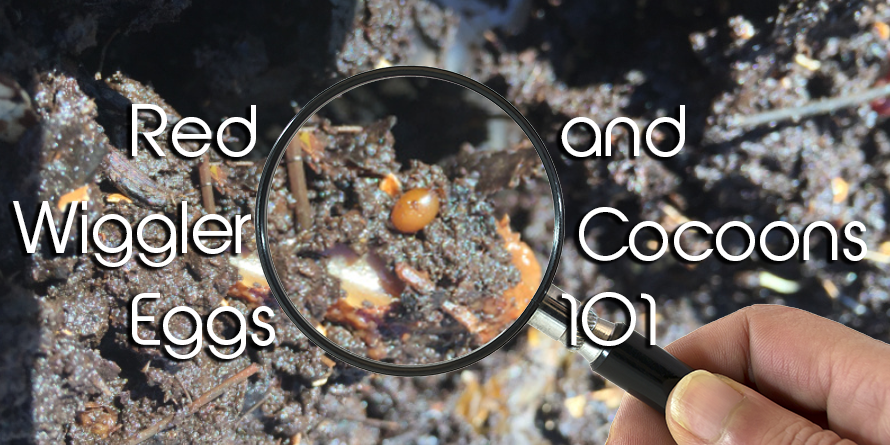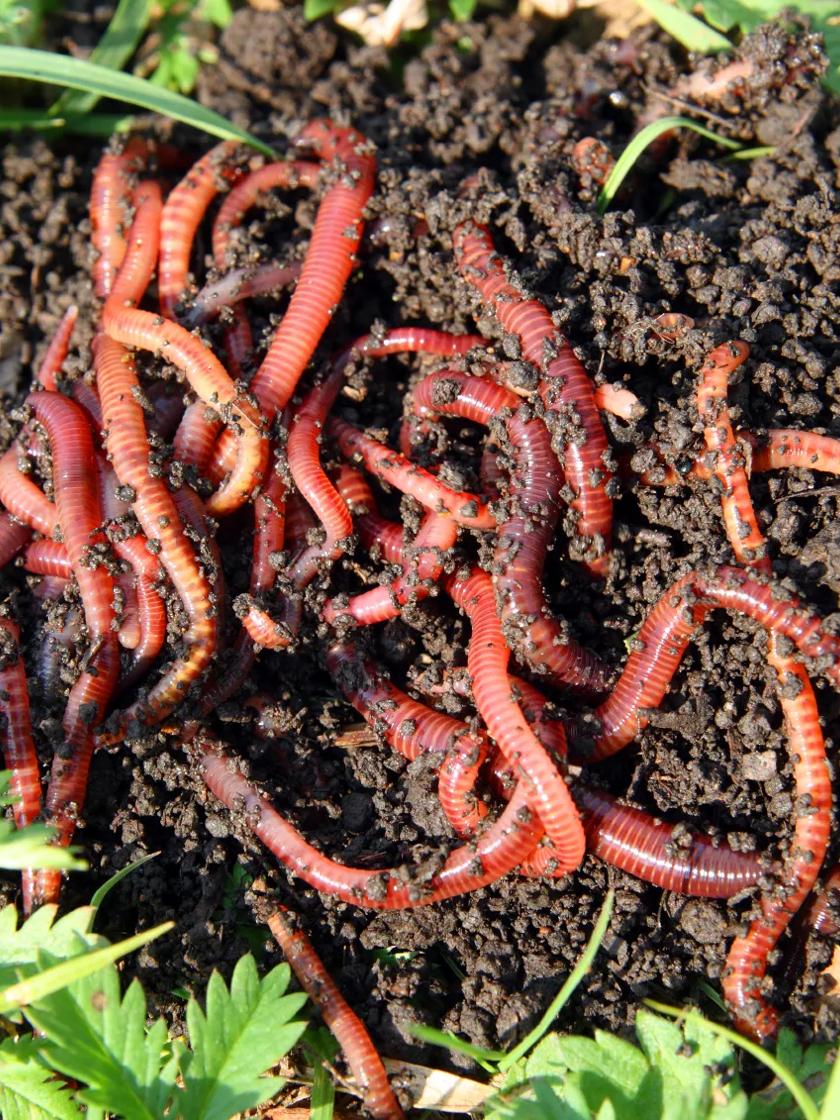Find the Best Products for Lawn Care with Red Wiggler Express for Healthy Lawns
Find the Best Products for Lawn Care with Red Wiggler Express for Healthy Lawns
Blog Article
Red Wigglers: The Unsung Heroes of Organic Waste Recycling
Red wigglers, or Eisenia fetida, work as vital representatives in the natural waste reusing procedure, changing thrown out products right into beneficial vermicompost. Their reliable breakdown of natural matter not only enhances dirt top quality yet additionally adds to lasting waste administration methods. As the world progressively seeks solutions to combat waste accumulation and boost farming efficiency, comprehending the role of these worms becomes essential. What devices permit them to prosper in compost environments, and just how can they be properly used in both domestic and commercial settings? Discovering these concerns exposes the broader effects of vermicomposting in our eco-friendly landscape.
What Are Red Wigglers?
The remarkable strength of red wigglers, clinically referred to as Eisenia fetida, emphasizes their vital role in natural waste recycling. These small, reddish-brown earthworms are commonly discovered in decomposing natural issue, such as compost heap and manure heaps. Lake Hickory Bait. Unlike various other earthworm species, red wigglers prosper in nutrient-rich environments and are extremely efficient at breaking down natural materials, making them necessary for vermicomposting

(Red Wiggler Express)Along with their duty in waste decrease, red wigglers add to soil health and wellness by enhancing soil framework and oygenation via their delving tasks (Lake Hickory Bait). Their presence in composting systems not only boosts decay prices however likewise advertises a lasting method to waste administration, highlighting their importance in ecological conservation efforts
Benefits of Composting With Worms
Composting with worms, particularly red wigglers, provides various benefits that improve both waste monitoring and dirt health and wellness. These worms successfully damage down natural waste, converting it into nutrient-rich vermicompost that enriches dirt. This procedure speeds up decay, enabling for a faster recycling of kitchen scraps and various other natural materials compared to conventional composting methods.
Additionally, the vermicompost generated by red wigglers is bristling with valuable microbes, which assist enhance soil framework, oygenation, and moisture retention. This boosts the total health and wellness of plants, promoting strenuous development and enhanced returns in yards and agricultural setups. The usage of worms in composting reduces the manufacturing of greenhouse gases, such as methane, contributing to a more lasting waste management system.

Exactly How to Begin Vermicomposting
Developing a vermicomposting system is a simple process that can yield considerable advantages for both waste administration and soil enrichment. To start, select a suitable container, such as a plastic bin or wooden box, with appropriate air flow holes to make certain appropriate air flow. The dimensions should ideally be around 2 feet by 3 feet, enabling enough room for the worms to prosper.
Next, prepare bedding product, which can consist of shredded paper, cardboard, or coconut coir. This bed linens needs to be dampened to create an appropriate environment for the worms. When the bed linens remains in place, introduce red wigglers (Eisenia fetida) right into the container, normally around one pound of worms for every single square foot of surface location.
Adhering to the placement of worms, include organic waste, such as vegetables and fruit scraps, coffee premises, and smashed eggshells. Prevent adding dairy, meat, or oils, as these can create odors and attract pests. Position the container in a shaded, temperature-controlled location to keep ideal conditions for worm task. With these steps, you will successfully initiate a vermicomposting system that contributes to lasting waste management and improves your dirt.
Preserving a Healthy And Balanced Worm Container
(Lake Hickory Bait)Keeping a worm container thriving calls for regular attention and care to make certain the wellness of the red wigglers he has a good point and the efficiency of the composting process. Appropriate maintenance begins with keeping track of the moisture levels; the container should perspire however not soaked. A good general rule is to maintain a consistency comparable to a wrung-out sponge.
Aeration is important. Gently blending the bed linens and food scraps every few weeks avoids compaction and makes sure that all worms have access to oxygen. In addition, it is necessary to feed the worms appropriately. A balanced diet regimen of vegetables and fruit scraps, coffee premises, and smashed eggshells should be provided in small amounts to prevent overfeeding, which can lead to smells and pests.
If the container ends up being as well hot or cold, the worms may come to be stressed. By vigilantly managing these elements, one can maintain a durable and productive worm container.
Effect on Sustainable Living
The successful maintenance of a worm container not only profits the health and wellness of red wigglers however also contributes substantially to lasting living techniques. By reusing natural waste, such as kitchen area scraps and yard particles, red wigglers help divert significant quantities of product from landfills. This decrease in waste not just lowers greenhouse gas discharges however additionally reduces the environmental problem related to waste management.
Furthermore, the spreadings created by red wigglers act as a nutrient-rich natural plant food, improving soil health and promoting plant development. This all-natural alternative to chemical fertilizers supports lasting farming and gardening methods, reducing reliance on synthetic inputs that can harm communities. Additionally, worm composting cultivates understanding of waste monitoring, urging people and communities to adopt more sustainable practices.

Conclusion
In recap, red wigglers offer as vital contributors to natural waste recycling with their efficient decomposition of organic materials. By integrating vermicomposting into waste monitoring strategies, individuals and communities can considerably minimize waste while promoting ecological sustainability.
Report this page